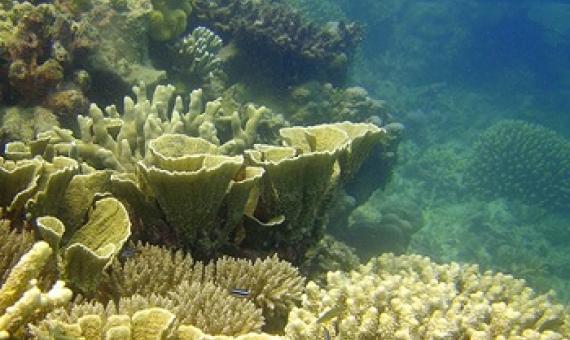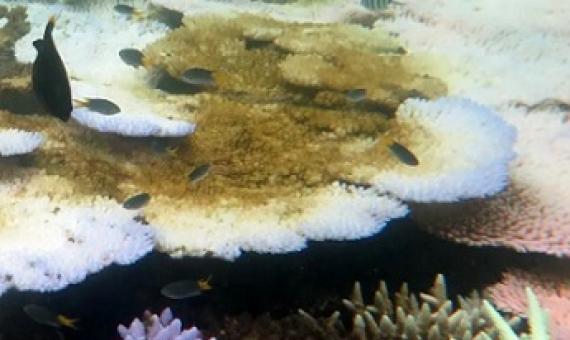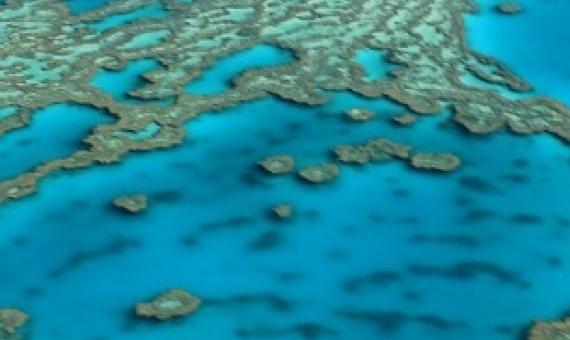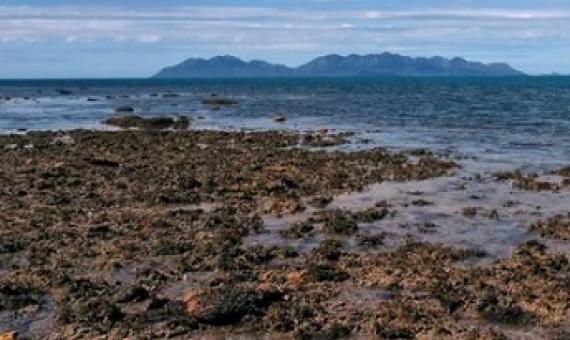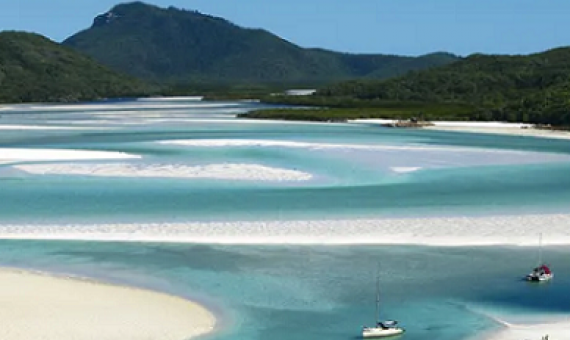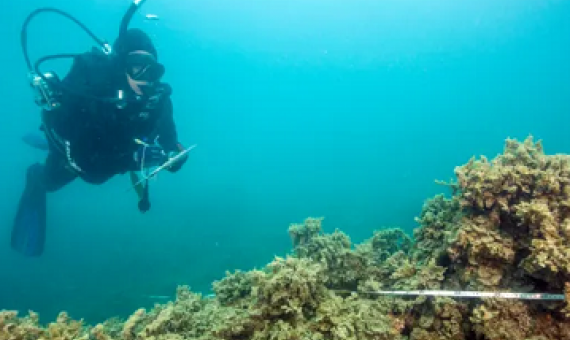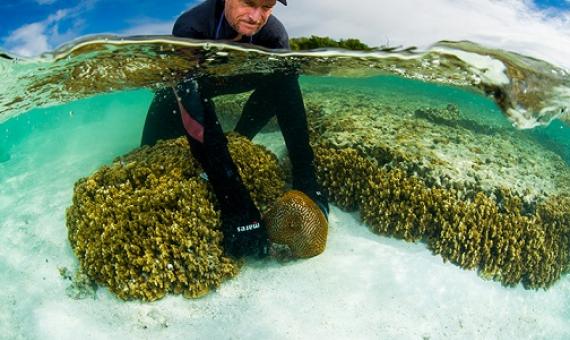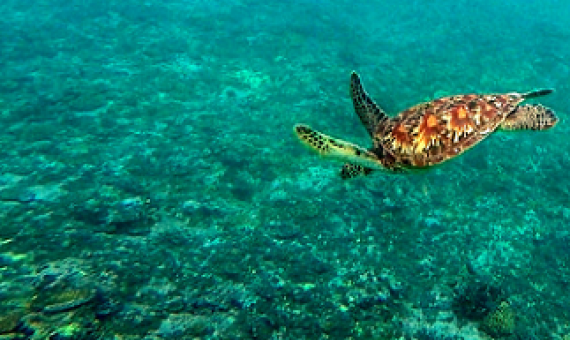For the first time, researchers have studied the impact of ocean acidification on coral reefs with a device that allows them to increase levels of carbon dioxide on living coral for months at a time.
Conservationists say an official government report to the UN’s world heritage committee to be released next week must show Australia has fresh plans to attack the Great Barrier Reef’s two key threats – climate change and water quality.
Marine zoning revisited: How decades of zoning the Great Barrier Reef has evolved as an effective spatial planning approach for marine ecosystem‐based management
For more than 40 years, marine zoning has played a key role while evolving as part of the adaptive management of the Great Barrier Reef (GBR) Marine Park.
A recent publication “Marine zoning revisiting: How decades of zoning the Great Barrier Reef has evolved an effective spatial planning approach for marine ecosystem-based management” published in Aquatic Conservation: Marine and Freshwater Ecosystems distills important lessons from Australia’s ev
A coral scientist whose work is attacked in a mini-documentary from the Institute of Public Affairs says the rightwing thinktank has misrepresented her study.
Peak bodies representing the Queensland tourism industry have resisted calls for changes to Great Barrier Reef protection legislation to allow for lethal shark control measures.The strong statement, co-signed by several tourism bodies, said any such move would be an “unnecessary step” a
Marine spatial planing and the Great Barrier Reef Marine Park Act 1975: An evaluation
The Great Barrier Reef is internationally recognised for its natural and heritage value. Australian Government established the Great Barrier Reef Marine Park under the Great Barrier Reef Marine Park Act, 1975. The Act provides a legal regime for the protection of the natural and heritage values of the Reef. The Act incorporated spatial zoning and Marine Spatial Planning (MSP) to achieve the objective of ecologically sustainable use and management. The Act applies many principles including Ecosystem-Based Management (EBM) to achieve the objective.
Scientists shocked by data showing loss of hard corals at 100 locations across Whitsundays, Magnetic Island, Keppel Islands and Palm Islands. Coral coverage around some of the most popular tourist islands on the Great Barrier Reef has dropped by almost half in the last 18 years, ac
The wicked challenges facing our planet and our communities demand a different way of thinking. We should not shy away from the complexities of climate change, nor the challenges of environmental degradation and the impact human activity has on ecosystems...Because there is hope.
An approach that tackles the underlying causes of coral-reef decline could be applied to other habitats, argue Tiffany H. Morrison, Terry P. Hughes and colleagues. Coral reefs cover only 0.5% of the ocean floor, but they support almost 30% of the world’s marine fish species.

